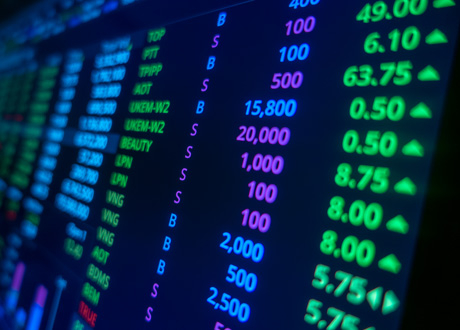

A financial market forms part of a
global ecosystem and refers in general to any marketplace where financial assets are bought and
sold.
There are physical stock exchanges in major financial centres, such as London, New York,
Chicago, Tokyo, Sydney, Moscow etc. The trading sessions take place within the local business
hours of these cities between Monday and Friday.
Trading can be a physical purchase of assets or through derivatives, both exchange and OTC
traded, allowing traders from all over the world to buy and sell a variety of currencies and
commodities via online platforms.

FX world currencies, combined in pairs (for example, you can buy euros for dollars, trading on EUR/USD)

Traders (sellers and buyers) make transactions between themselves. Approximately 85%
of them are speculative traders, who don’t need physical barrels of crude oil or
bags of wheat: they seek to profit from the rise or fall of an assets’ prices.
To trade, they use online platforms, such as Metatrader or cTrader, which provide
live prices, multiple order types and analytical tools.
When traders believe that the price of an instrument will increase, they place a
“Buy” trade, in the hope of earning as the price rises and closing the trade in a
profit. When they believe that the price will decline, they will “Sell” in the hope
of earning a profit as the price falls.
If the trade goes in the opposite direction to the traders’ forecast, they will make
a loss. Once a trade is ‘’closed’’ the Profit or Loss will be added or deducted to
the Account Balance.

The price (quotation) of an instrument changes constantly, often updating every
second, reflecting the supply and demand for a specific product throughout the
world.
When there are a lot of people on the market who want to buy an asset (currency,
stock, metal), the demand subsequently grows.
As the demand begins to increase, so does the price. This is because the bidders
become so interested in opening a Buy position that they are willing to accept a
higher price.
Conversely, when there is a low demand for a product, prices will generally fall, as
more and more traders are selling, and this forces buyers to agree with prices that
are not ideal for them.
It is important to note that whilst global supply and demand has a significant
influence on the pricing of the asset itself, the speculative (CFD) market pricing
is derived from the asset’s price and is not influenced by the demand/supply for the
CFD product.